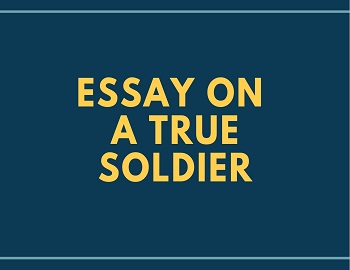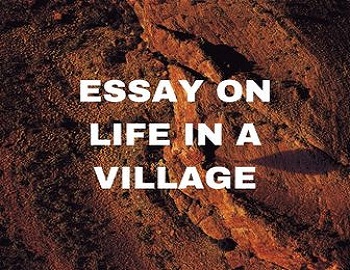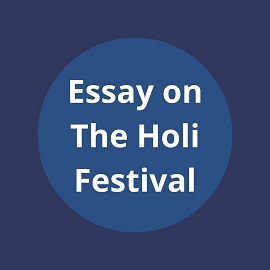Essay on A True Soldier:
A true soldier is the greatest honour of a country. He is the sentinel (sentry) of its frontiers. He is a true guardian. He will lay down his life for the honour of his motherland. Nothing is more dear to him than the soil of his country. He is a great protector. He protects its boundary walls even at the cost of his life. If an enemy raises a finger against his country, he will cut this throat. He will bathe in his blood. He will behead the rogue.
He is very bold and brave. He is a man of great fortitude. He embraces risks. Adventure is his very breath. The battlefield is his real home. He is married to the battle. Abdul Hamid was such a soldier. In the Indo-Pak War, Havaldar Hamid showed exemplary courage and the highest sense of duty. He was awarded President’s medal for bravery. It was his widow who accepted it after his death. Abdul Hamid’s example was quoted here in a passing reference. Soldiers like him are not too many, they are few and far between. But they are certainly the truest asset of a country. Any country can be proud of its sons and daughters who selflessly serve their motherland.
A soldier is not that one who puts on a khaki uniform and is decorated with a gun or a pistol. Even a common man can be a soldier. A labourer working in the factory or a farmer harvesting the crop is no less than a true soldier. All are soldiers and sentinels in their own way. The important word is “sacrifice” one who personifies (represents as a person), “selfless sacrifice”, he is rare of the rarest. He is a true son of the soil, a true guardian who looks after the honour of the country, where he is born.
The History books are replete with the heroic deeds of such soldiers. They stand head and shoulders above the rest of the multitude (great crowd). They are the cream of the soldiery. The citizenry is proud of them. Songs are sung in their praise. Poems and ballads are composed in their names. They remain enshrined in every heart even long after their death. They belong to ages. They are immortal in their works. They live forever.
There is a very famous story given in the books of European History. In a particular battle, a soldier lay wounded on the battleground. He was groaning with pain. Blood was oozing out from the fresh-cut wounds of the sword. He was drooping slowly. He was very thirsty. He was about to quench his thirst from his bottle of water when he heard the cries of “water, water” from the lips of a dying soldier. His sense of duty awoke. He dragged himself towards the thirsty soldier even at the pain of death. He reached there where the soldier was lying with an open mouth. He poured water into his mouth. The unlucky soldier passed away quite peacefully. His last wish was granted by another soldier who died ‘thirsty’. What a great sacrifice he made, what a noble gesture he showed towards a dying soldier. He himself could have taken water. But in the best tradition of a true soldier, he considered the need of his brother-soldier “uppermost”. He gave it a top priority without caring about his own thirst. Even in his last moments of life, he was very much alive to his sense of duty.
Can anyone quote a better example than this? No, certainly not. This short story teaches us a great lesson of self-sacrifice. Those who die for a noble cause, remain “alive” forever. Their deeds of nobility are their greatest monuments. They inspire others. Their instances of heroism are long after remembered. We salute such soldiers. We bow before them in all humility and reverence.









Comments (No)